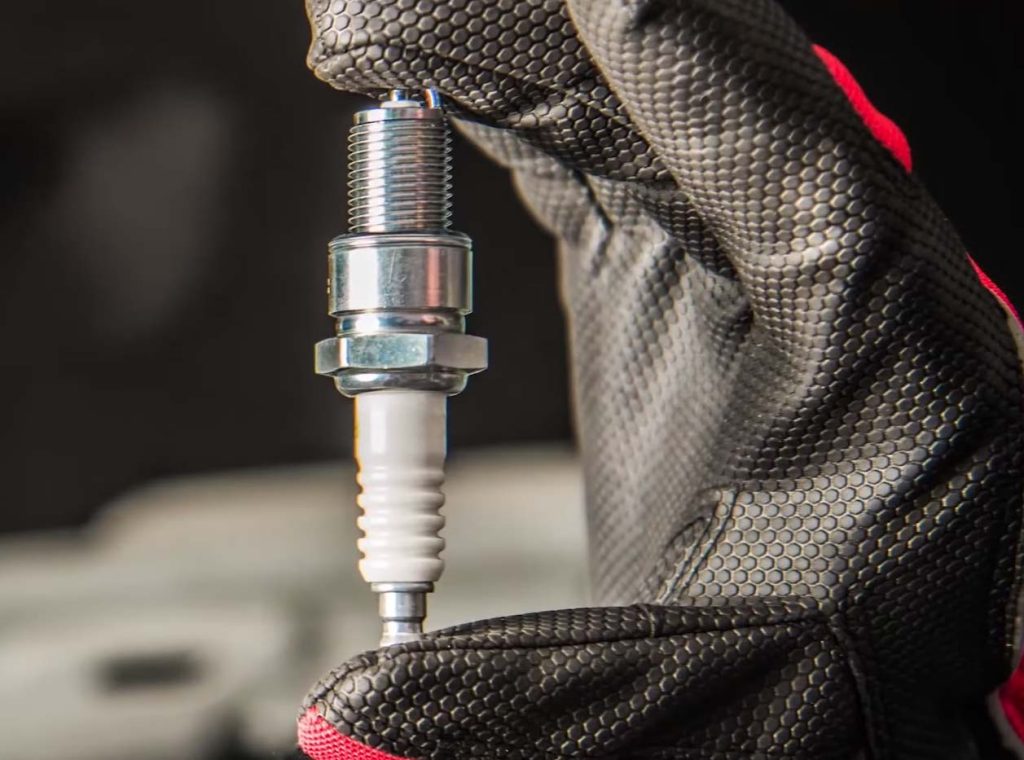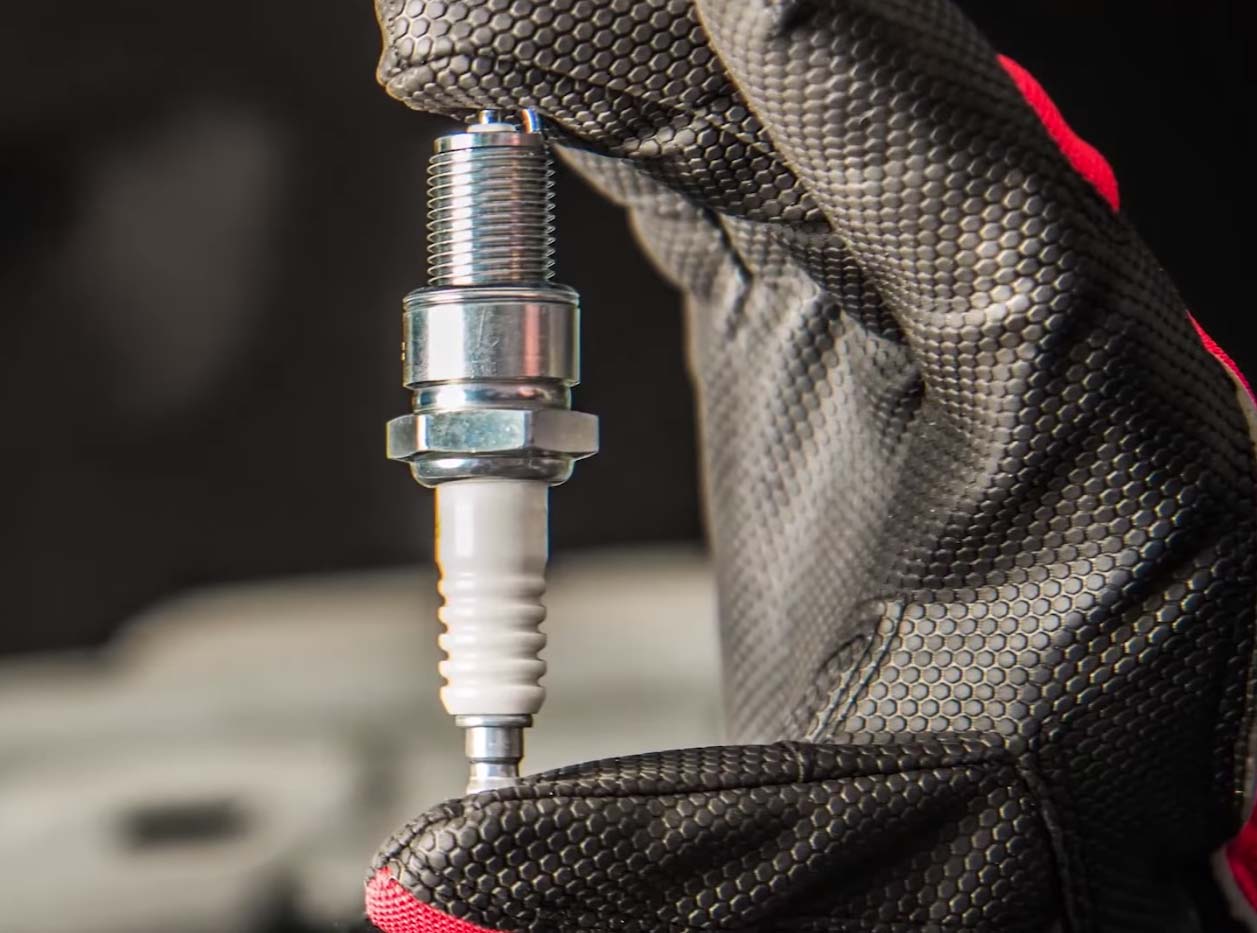Spark plugs are essential components in the combustion process of internal combustion engines, serving to ignite the air-fuel mixture to power vehicles and machinery.
OEM (Original Equipment Manufacturer) spark plugs are those supplied by the vehicle’s manufacturer, while NGK spark plugs are produced by NGK Spark Plug Co., Ltd., a renowned manufacturer in the automotive industry.
This comparison aims to explore the differences between OEM and NGK spark plugs, providing insights into their manufacturing processes, performance characteristics, cost considerations, compatibility, and environmental impact.
Understanding these factors can help vehicle owners make informed decisions when selecting spark plugs for their vehicles.
Related post-Investigating a Spark Plug Smelling Like Gas: Causes and Solutions
What are OEM Spark Plugs?
OEM spark plugs, or Original Equipment Manufacturer spark plugs, are those produced by the vehicle manufacturer or a supplier approved by them. These spark plugs are specifically designed and engineered to meet the specifications and requirements of the vehicle’s engine.
They are often made to exacting standards to ensure compatibility and optimal performance. OEM spark plugs are typically installed in new vehicles from the factory and are recommended for replacement during routine maintenance intervals.

What are NGK Spark Plugs?
NGK spark plugs are manufactured by NGK Spark Plug Co., Ltd., a leading global supplier of spark plugs and related products. Founded in 1936, NGK has earned a reputation for producing high-quality spark plugs known for their durability, reliability, and performance.
NGK spark plugs are designed using advanced materials and manufacturing processes to meet the demands of modern engines. They are available in a wide range of configurations to suit various vehicle makes and models.
Key Comparison
| OEM Spark Plugs | NGK Spark Plugs |
|---|---|
| Produced by vehicle manufacturer or approved supplier | Manufactured by NGK Spark Plug Co., Ltd. |
| Tailored to meet specific engine requirements | Engineered for durability, reliability, and performance |
| May appear more expensive upfront, included in maintenance | Typically more affordable upfront, potential long-term value |
| Designed for precise fitment and performance | Available in a wide range of configurations for various vehicles |
| Reliable performance, recommended for routine maintenance | Known for improved engine performance and fuel efficiency |
| Replacement according to manufacturer’s maintenance schedule | Longer replacement intervals due to durability |
| Compliance with emission regulations, may vary by manufacturer | Emphasizes eco-friendly materials and manufacturing practices |
| Widely available through dealerships and authorized suppliers | Available through authorized retailers and online platforms |
Performance Comparison
When comparing the performance of OEM and NGK spark plugs, several factors come into play. Durability, reliability, fuel efficiency, and engine performance are key considerations. OEM spark plugs are engineered to meet the specific requirements of the vehicle’s engine, ensuring compatibility and reliable performance.
NGK spark plugs, on the other hand, are known for their high-quality construction and ability to withstand extreme conditions. Users often report improved engine performance and fuel efficiency when using NGK spark plugs. Real-world experiences and testimonials provide valuable insights into the performance differences between OEM and NGK spark plugs, helping vehicle owners make informed decisions based on their specific needs and preferences.
Cost Comparison
Comparing the cost of OEM spark plugs to NGK spark plugs involves considering upfront purchase price as well as long-term cost-effectiveness. OEM spark plugs may initially appear more expensive due to their association with vehicle manufacturers, but they are often included in the overall cost of vehicle maintenance.
NGK spark plugs, while typically more affordable upfront, may offer better long-term value with their reputation for durability and performance. Analyzing factors such as replacement frequency and overall lifespan can help determine the true cost-effectiveness of each option.
Compatibility and Application
Both OEM and NGK spark plugs are designed to be compatible with specific vehicle makes and models. OEM spark plugs are tailored to meet the precise requirements of the vehicle’s engine, ensuring proper fitment and performance. NGK spark plugs offer a wide range of options to accommodate various engine types and performance needs.
Compatibility charts and product specifications provided by manufacturers help users identify the appropriate spark plugs for their vehicles. Factors such as engine design, fuel type, and performance enhancements should be considered when selecting spark plugs for optimal compatibility and performance.
Maintenance and Replacement
Proper maintenance and timely replacement of spark plugs are essential for optimal engine performance and fuel efficiency. OEM spark plugs are typically recommended for replacement according to the vehicle manufacturer’s maintenance schedule. NGK spark plugs, known for their durability, may have longer replacement intervals compared to OEM plugs.
However, factors such as driving conditions and engine modifications can influence the lifespan of spark plugs. Regular inspection and maintenance, including checking for signs of wear and fouling, can help determine when spark plugs need replacement. Following manufacturer recommendations and using high-quality spark plugs can contribute to reliable engine operation and prolong the lifespan of ignition components.
Environmental Impact
Consideration of the environmental impact of spark plugs encompasses aspects such as emissions and manufacturing processes. OEM spark plugs, being designed by vehicle manufacturers, may undergo stringent testing and compliance with emission regulations, contributing to lower emissions during operation.
NGK spark plugs are manufactured by a company known for its commitment to environmental sustainability and may incorporate eco-friendly materials and production methods. Both OEM and NGK spark plugs aim to minimize environmental impact through efficient combustion and responsible manufacturing practices.
Conclusion
The choice between OEM and NGK spark plugs depends on various factors. For example, performance requirements, compatibility, cost, and environmental considerations.
OEM spark plugs are tailored to meet the specific needs of vehicle engines. They are often included in routine maintenance schedules. NGK spark plugs offer a wide range of options known for their durability, reliability, and performance.
Ultimately, vehicle owners should evaluate their individual needs and preferences to determine the most suitable spark plugs for their vehicles.
Recommendations
Based on the comparison provided, the following recommendations can guide vehicle owners in selecting spark plugs:
- Consider OEM spark plugs for vehicles still under warranty or for those seeking exact replacements for factory-installed parts.
- Choose NGK spark plugs for superior performance, durability, and cost-effectiveness, especially for vehicles operating in demanding conditions or performance applications.
- Prioritize compatibility and proper maintenance practices to ensure optimal engine performance and longevity.
- Stay informed about advancements in spark plug technology and environmental initiatives to make environmentally conscious choices.
